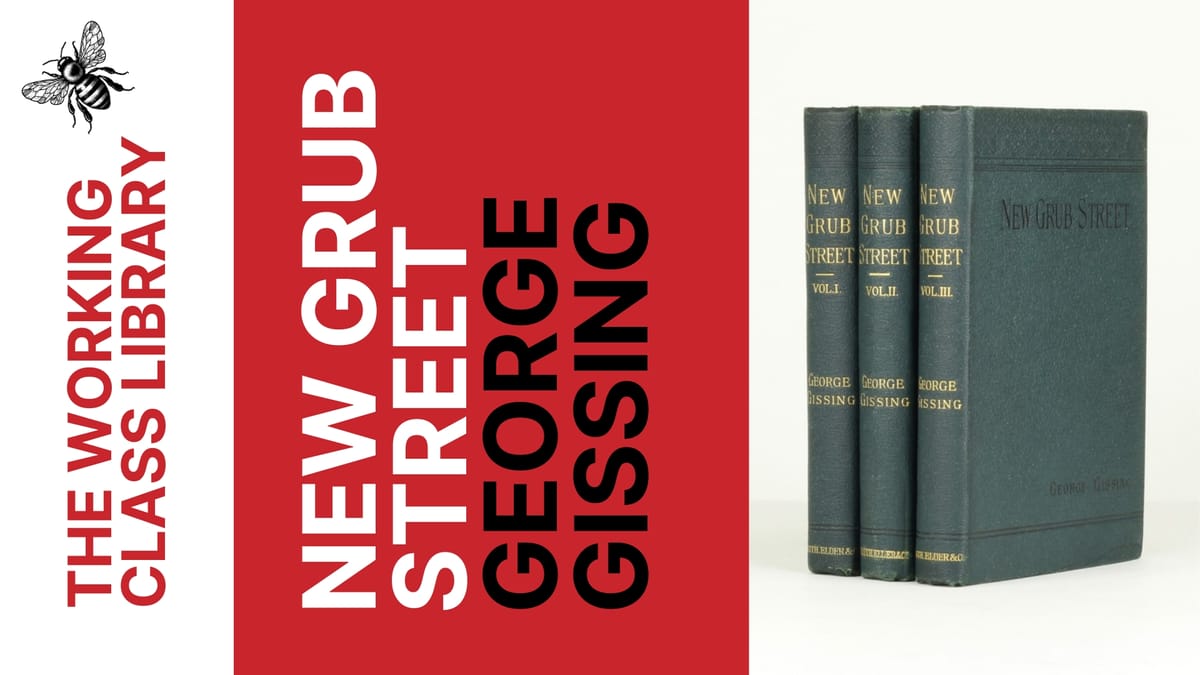In a world where stories are currency, it’s ironic how elusive fair pay can be for those creating them. For working-class writers navigating the labyrinth of publishing, securing payment can be as challenging as the pitch itself. Despite recent moves toward inclusivity, financial barriers persist, silencing essential voices and threatening to turn an industry built on diversity of thought into one that only champions those who can afford the entry fee.
As a working-class writer myself, I’ve felt the weight of this reality. Early in my career, I vividly remember the thrill of receiving my first commission from Europe’s leading LGBTQ+ magazine – a dream come true. But that excitement quickly soured as I grappled with the publisher’s opaque payment system. Months passed before I saw a penny, and there is nothing worse than chasing a late invoice when you were already seriously underpaid. In this case, less than £150. The experience left me questioning not my talent, but whether the industry valued my contribution enough to pay me fairly and promptly.
Breaking the silence on money
In Britain, money talk is often treated as taboo, a cultural legacy of politeness that working-class writers can ill afford. For me, the silence around payment isn’t just awkward: it’s detrimental. Freelance writers often navigate vague procurement systems, unclear rates, and contracts that are anything but straightforward.
Take Alex [not his real name], a Manchester-based writer, as an example. After years of freelancing, he’s all too familiar with the hurdles. “You think landing a commission is the hard part,” he said. “But the real challenge begins when you’re registering with procurement systems, filling out forms, and chasing overdue invoices. It’s exhausting and often feels intentionally difficult to discourage us from following up.”
I’ve experienced this too. I’ve spent hours wading through procurement processes, uploading identification documents, and sending countless emails just to receive payment for work I’d completed weeks prior. Once, I considered not chasing a £50 fee because the administrative effort outweighed the amount. But for many of us, even small payments can mean the difference between paying rent or skipping meals.
For working-class writers, the publishing industries’ financial systems can feel like an obstacle course. The procurement process, which requires freelancers to jump through hoops – filling out complex forms, submitting ID verification, and navigating outdated systems – often causes significant delays in payment. Why should I, a singular person, fill out the same process as that of a huge organisation? This bureaucratic maze wastes time and energy that could be better spent on creative work, leaving many writers financially stressed.
Adding to the challenge is the lack of clarity around payment rates and processes. Many publishers don’t offer standardised rates or transparent guidance on how fees are determined, leaving writers to guess at what constitutes fair pay. This lack of transparency not only breeds confusion, but also discourages writers from negotiating better terms, especially when they fear being seen as difficult. With little financial security, working-class writers are often left in a precarious position, struggling to make a living while their work is undervalued.
The systemic problem
While publishers trumpet their diversity initiatives, financial systems within the industry often work against the very voices they claim to champion. Professor Katy Shaw’s 2020 report Common People highlighted how publishing needs to “wake up to the world beyond the M25,” noting how financial barriers disproportionately impact underrepresented writers.
In my opinion, here’s the issue: publishing’s polite culture loves to celebrate successful sales, but balks at candid conversations about money. Editors and agents may view financial discussions as crass, leaving writers to navigate a system that values social privilege over material realities. For many working-class writers, this can lead to self-doubt and reluctance to negotiate fees, fearing they’ll be perceived as “difficult”.
The industry’s gig economy model is meant to be agile and dynamic, yet its outdated systems create bottlenecks that are anything but. What’s needed is recognition that fair payment isn’t a luxury – it’s the foundation of an equitable publishing ecosystem.
So, where’s my £50?
Survival isn’t enough
In the publishing and media industries, there’s a pervasive, often unconscious, power dynamic at play – one that disproportionately affects working-class writers. People from disadvantaged backgrounds are often seen as “outsiders” by those with more social privilege, which can subtly manifest in their interactions with powerful gatekeepers like editors, agents, and even accounts departments. What’s striking is that, while the system recognises the intimidation felt by underrepresented voices, it fails to see how the power imbalance works in their favour. The lack of financial transparency and clear payment systems is a prime example: gatekeepers may view these issues through the lens of social privilege, assuming that writers, particularly from working-class backgrounds, don’t have the power or the platform to demand better pay or fairer terms.
This dynamic is also rooted in how society often views working-class people and their ability to advocate for themselves. In many cases, working-class writers may experience self-doubt when dealing with figures of authority, whether they’re editors or agents. This reluctance to assert their worth often carries over into financial negotiations. For some, there’s a deep-seated cultural expectation to defer to those in positions of power, meaning they’re less likely to challenge unfair terms or ask for higher pay. This hesitation to “speak up” isn’t just a personal failing; it’s a reflection of the wider societal bias that working-class people should “know their place”. As a result, they’re often left scrambling to navigate a system that doesn’t make room for their voices – or their value.
Moreover, this tension is exacerbated by the gig economy’s promise of flexibility and speed, which contrasts sharply with the reality of long delays in payment and convoluted processes. Freelancers are meant to operate in a fluid, fast-moving space, yet the industry's approach to payment and contracts often drags on for months, putting workers in a vulnerable position.
For me, this mismatch between expectation and reality is demoralising. It creates a barrier where, despite my talent and hard work, I’m held back by a system that values me less than my more affluent peers. Until the industry begins to recognise these nuances and make real changes to empower all writers – regardless of their background – this power imbalance will continue to stifle diversity and creativity in publishing.
Publishing has the power to shape society’s understanding of itself. By enabling more voices, especially those from working-class backgrounds, to share their stories, the industry not only broadens its appeal but strengthens its connection with readers. Transparent, accessible payment systems are essential to fostering a thriving, representative community of creators.
As Alex puts it, “Publishing loves to talk about the importance of fresh perspectives. But until we talk about the money needed to support them, it’s just talk.”
All donations go towards supporting the Bee’s mission to nurture, publish promote and pay for the best new working-class writing.
Listen to the Working Class Library podcast episode on George Gissing’s New Grub Street










Comments